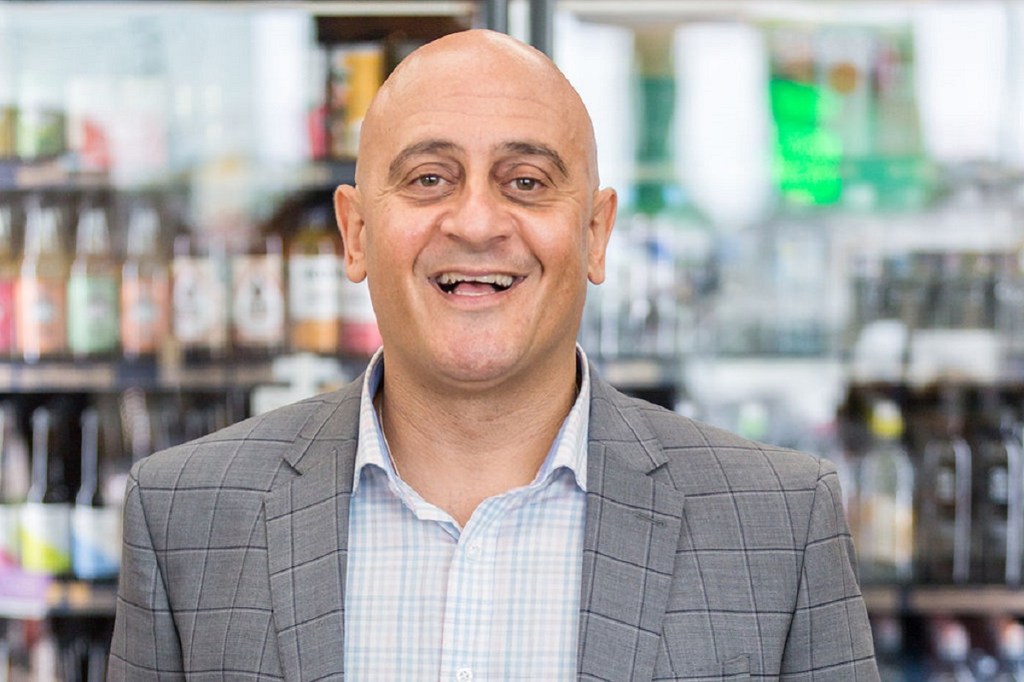The West Australian Government recently awarded a contract to Australian company JET charge to provide 98 EV chargers at 49 locations across the state, creating the world’s longest continuous connected electric highway.
C&I spoke to Theo Foukkare, CEO of the Australian Association of Convenience Stores (AACS), for his view on the current project and the electrification of Australia.
Over the next 15 years, Australians purchasing new cars will slowly transition to either buying an electric or hybrid (electric and fuel) vehicle. This means that the way we power our cars will evolve, albeit slowly.
Fossil fuels will still be relied upon for many years, given the average time Australians hold into their car on is still approximately 10 plus years.
There are several factors that are holding back the implementation of EV charging facilities, with the key one being the significant investment required in upgrading the electricity grid to be able to cope with the increased future power needs. Costs can vary dependant on the site location, however, to upgrade a grid to prepare a site to offer fast charging (minimum 150kw), it can cost between $300,000 – $500,000 per site. Slow chargers can be implemented for significantly lower costs however the commercial viability of this simply does not work.
The announcement by the WA government is a step in the right direction, however WA has approximately 2.6 million cars registered, so the people of WA will require thousands and thousands of charging facilities to allow them to travel freely without fear of being stranded on the side of the road.
In most cases, these public charging facilities are in the middle of nowhere, without any facilities for consumers to rest, recharge, and feel safe.
Connecting the highway is only one part of the solution. Collaborating with the existing petrol and convenience retailers who have strategically positioned locations to keep Australians moving is what the WA and other state governments need to do to ensure we can properly electrify Australia’s pool of vehicles.
By ignoring these small family-owned and operated small businesses in consultation, theses businesses may see their relevance become diminished over time.
When Australians stop to recharge their car, a slow charge can take many hours to charge, while a fast charge can currently fully charge a car in 15-20 minutes. This is almost three times the average time to fill up your car today.
Given these timeframes, consumers should have access to great food, coffee, essential grocery items, on-the-go products, and a place to sit with Wi-Fi to keep their day productive and moving while their car is recharging.
Our industry can provide this to Australians, like we have done for decades.
All governments need to work with private enterprise to share the significant investment to upgrade the power grids to enable the commercialisation of a fast-charging network to ensure Australian motorists can have access to what they have come to expect.
The convenience and petrol industry stand ready to support the state and federal governments long-term plans in electrification of vehicles in Australia, however incentives and joint funding is urgently needed to make this a reality.

